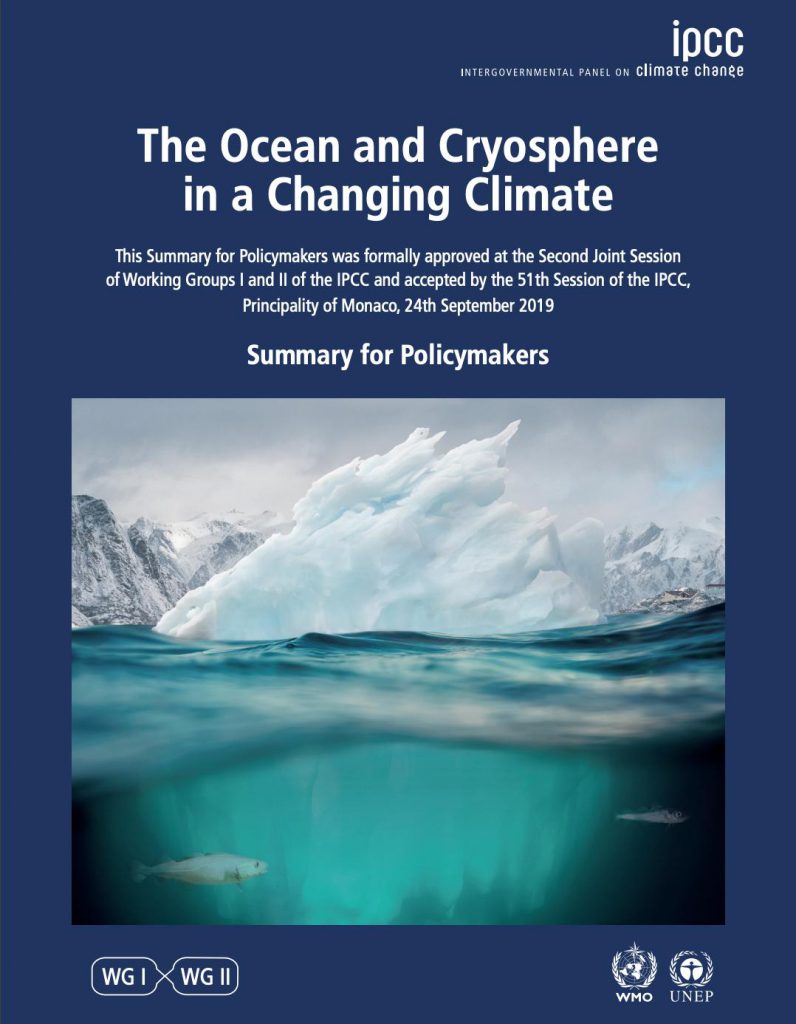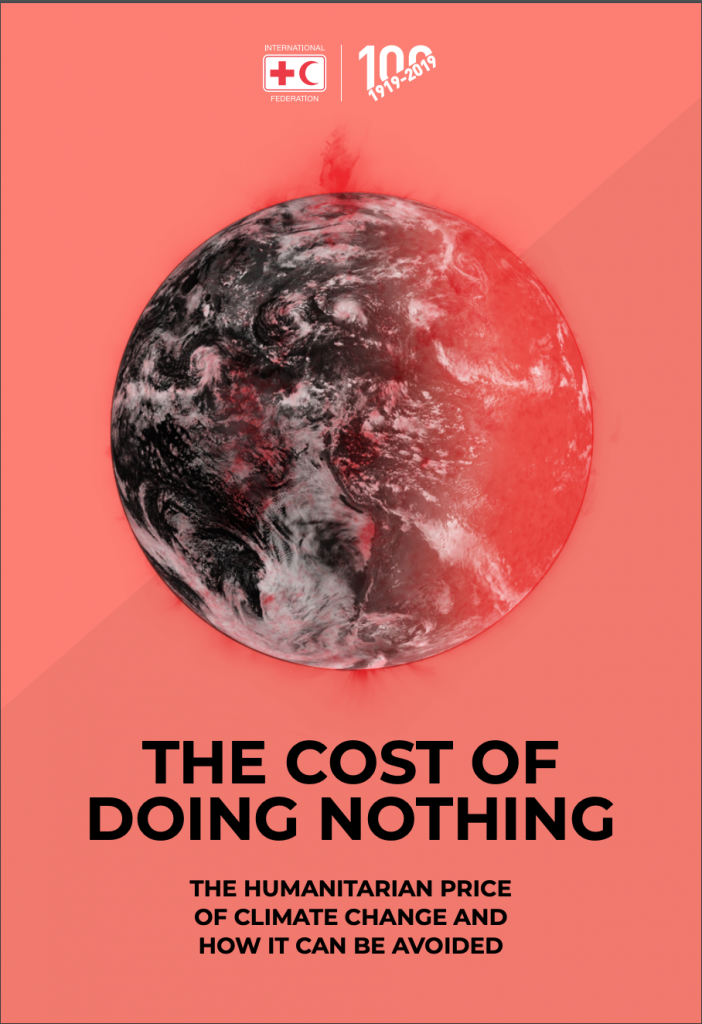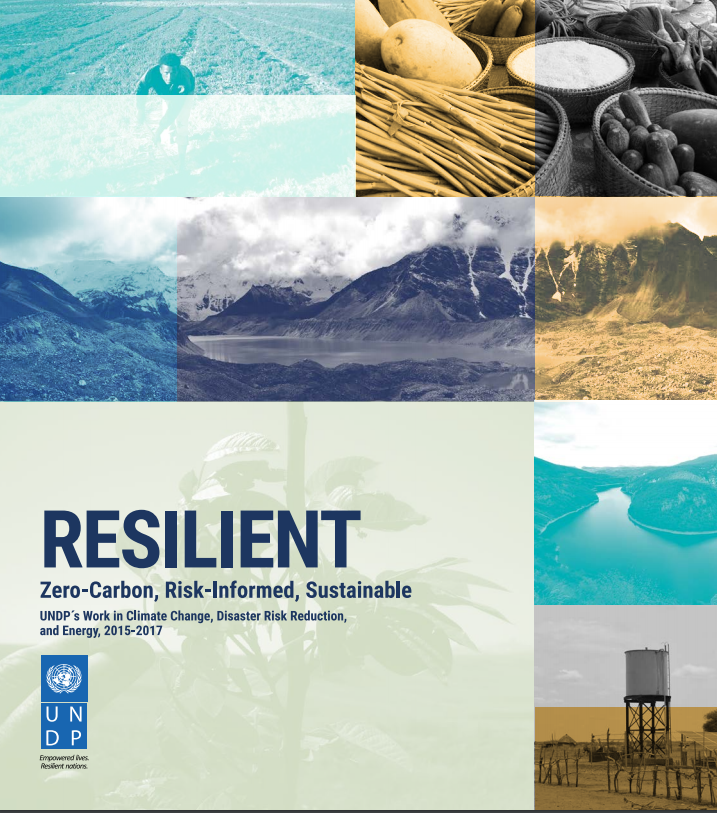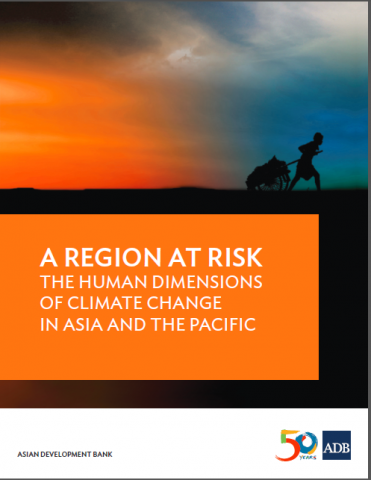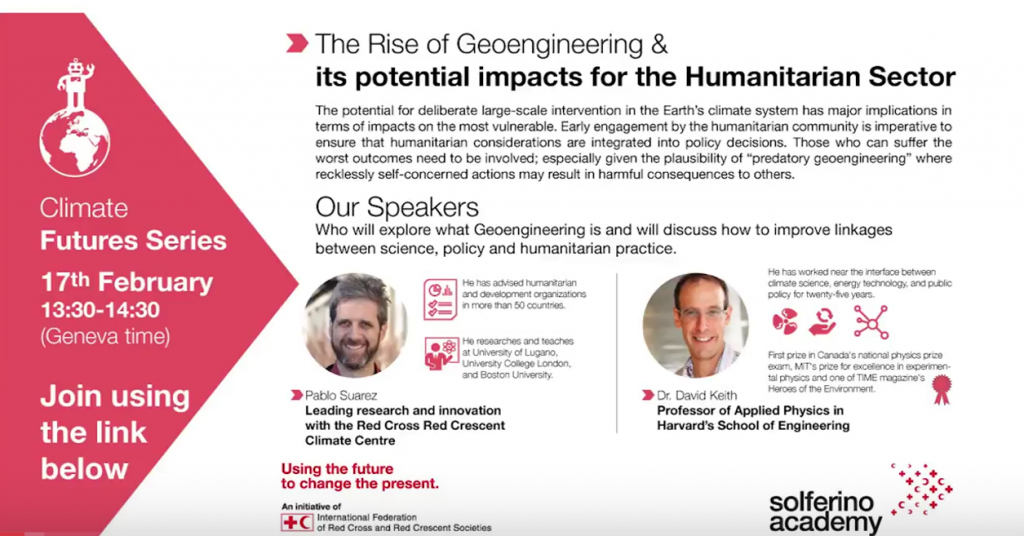The Ocean and Cryosphere in a Changing Climate
The Intergovernmental Panel on Climate Change (IPCC) launched the “Special Report on the Ocean and Cryosphere in a Changing Climate” (SROCC) to highlight the urgency of prioritizing timely, ambitious, and coordinated action to address unprecedented and enduring changes in the ocean and cryosphere. The report, presented on September 2019 in Monaco, reveals that the ocean […]
The Ocean and Cryosphere in a Changing Climate Read More »

